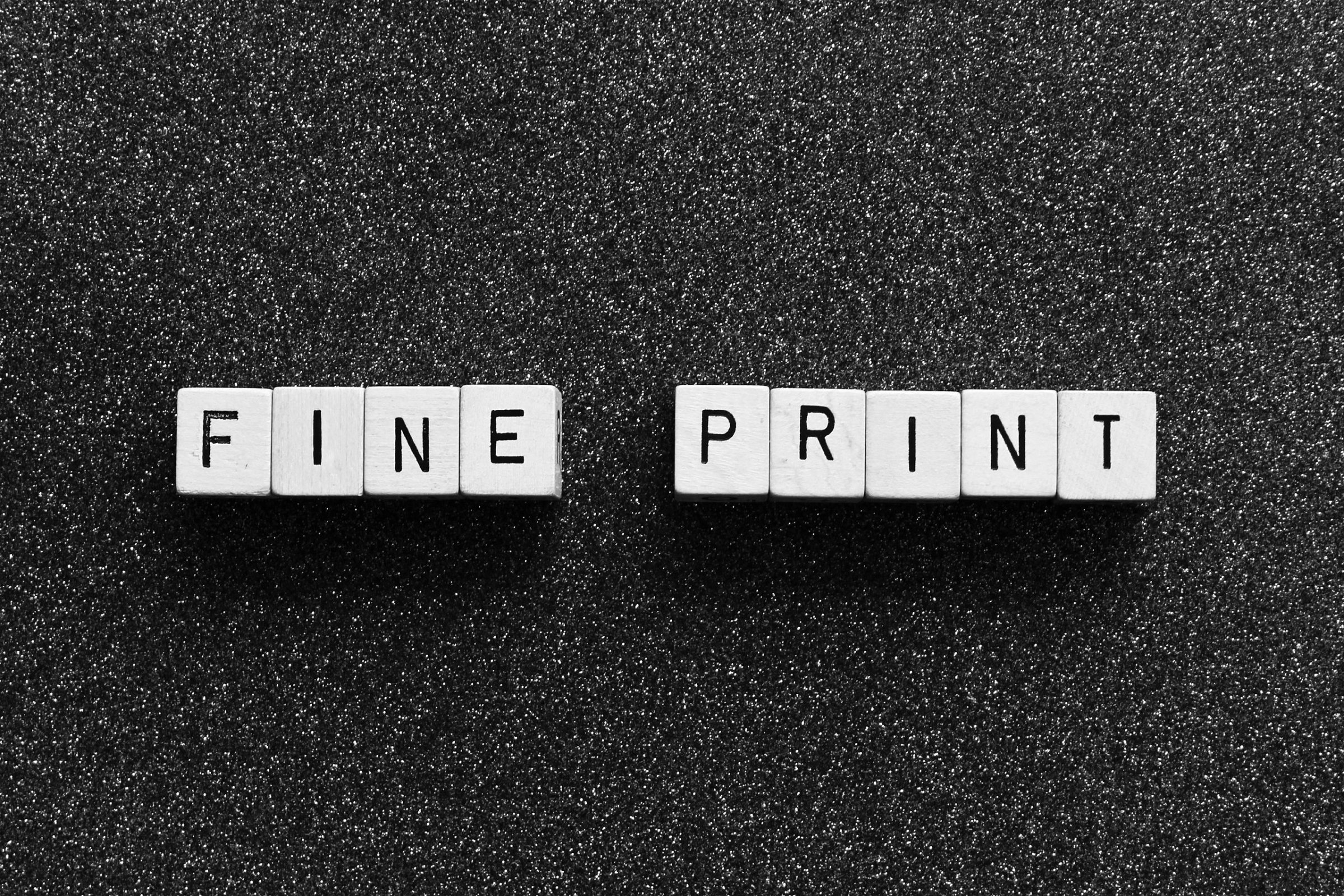Understanding Software License Agreements to Avoid BSA or SIIA Software Audits

Recent trends indicate that software publishers are increasingly initiating direct software audits instead of outsourcing the auditing process to entities such as the BSA | The Software Alliance (“BSA”) or Software & Information Industry Association (“SIIA”). However, the BSA and SIIA continue to actively target companies of all sizes to determine whether the company is committing copyright infringement by failing to comply with software licenses.
As part of software compliance initiatives, many companies enter into agreements directly with publishers such as Microsoft or Adobe to license the network. It is important to understand and become familiar with the terms of these license agreements, because the audit provisions contained therein may exempt a company from engaging in a BSA or SIIA audit for that particular publisher.
A Microsoft Enterprise Agreement, for example, requires the company to routinely audit its network for usage and true-up any discrepancies. In the event software is over-deployed, the company may purchase the necessary licenses as part of the true-up at a rate negotiated in the agreement.
If a company receives an audit demand letter from an auditing entity, it should review the agreement to see if it is appropriate to request that the BSA exclude Microsoft from its audit process, and avoid paying penalties outside the true-up process. This is particularly important because the BSA calculates penalties for over-deployments at a much higher rate than the typical Microsoft agreement. The BSA typically assesses a penalty for the MSRP value of each installation of the products at issue, multiplied by three.
Avoiding the audit process by citing the superseding publisher agreement can save a company thousands of dollars and hours of unnecessary time. It is important to familiarize yourself with the audit requirements of each software license agreement.




